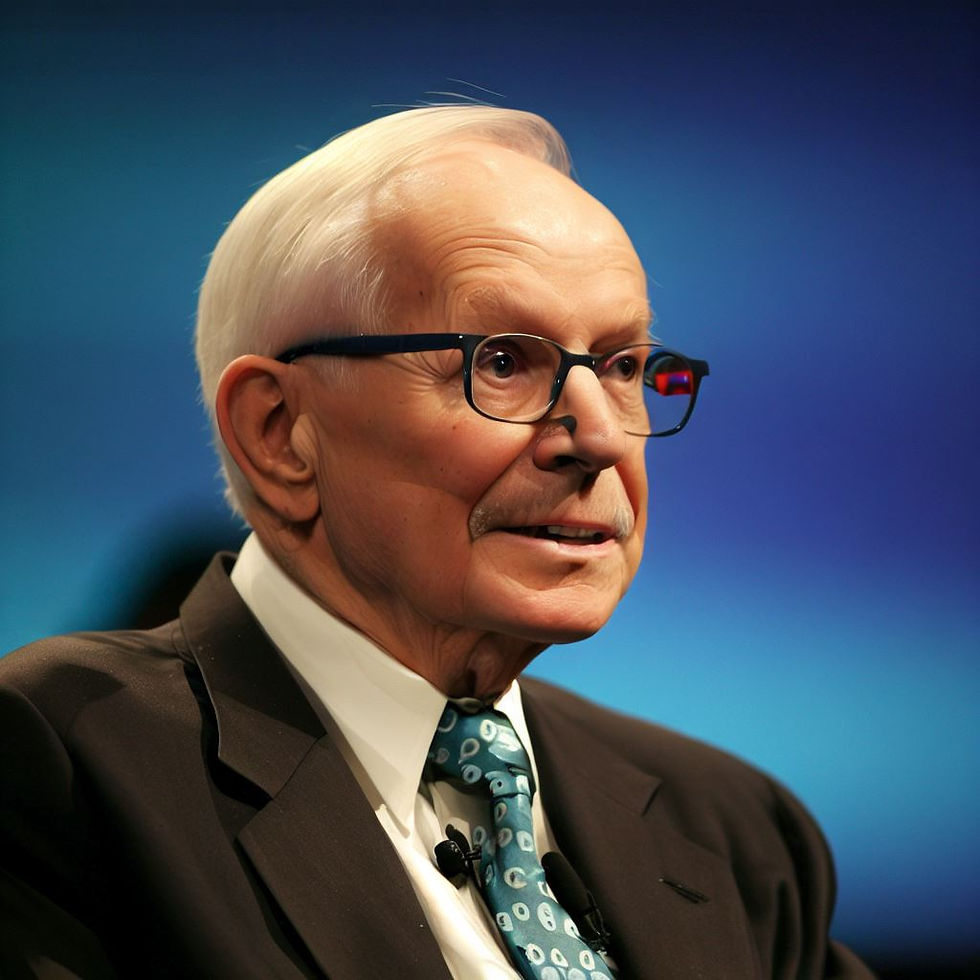Feeling the Market: Understanding Investor Intuition and Its Role in Decision Making
- Aki Kakko

- Sep 15, 2023
- 3 min read
Investing is as much an art as it is a science. While quantitative data, technical indicators, and fundamental analysis play a significant role in shaping investment decisions, there's an intangible element that experienced investors often allude to: "feeling the market". This subjective approach is largely rooted in intuition, experience, and a deep understanding of market nuances. Let's dive into this concept and understand its relevance and implications.

What does "Feeling the Market" mean?
Feeling the market refers to an investor's ability to gauge market sentiment and predict future movements based on a combination of qualitative factors, intuition, and experience. It's that gut feeling or sixth sense that gives an investor the confidence to make a decision even when quantitative data might suggest otherwise.
Why is it Important?
Counteracting Information Overload: With the avalanche of information available today, it's easy for investors to get overwhelmed. Intuition, derived from years of experience, helps sift through the noise, enabling seasoned investors to focus on what truly matters.
Predicting Black Swan Events: These are unexpected and rare events that can have severe consequences on the market. While quantitative models can't always predict these, a keen intuition, based on observation and experience, might sense an anomaly or impending shift.
Taking Calculated Risks: Sometimes, the biggest opportunities come from going against the grain. Intuition can be the driving force that compels an investor to take a risk when everyone else is leaning the other way.
Examples of Feeling the Market:
Warren Buffett and the 2008 Financial Crisis: In the midst of the crisis when banks were collapsing and there was widespread panic, Buffett invested $5 billion in Goldman Sachs, a move that many considered risky at the time. His intuition about the market's overreaction and the inherent value in Goldman Sachs proved correct, and the investment paid off handsomely.
George Soros and The Bank of England: In 1992, Soros believed that the British pound would have to be devalued because it was artificially high. Trusting his intuition and understanding of the broader economic context, he took a massive short position against the pound. The result? A profit of $1 billion when the pound was forced out of the European Exchange Rate Mechanism.
Balancing Intuition with Analysis:
While intuition and feeling the market can be powerful tools, they should not replace rigorous analysis. The most successful investors often strike a balance. They use data, analytics, and research to inform their decisions but allow their intuition to guide them when data might be inconclusive or when they sense a market inefficiency.
Cultivating Market Intuition:
Experience: As with many things, there's no substitute for experience. The more time you spend observing and participating in the markets, the better attuned you become to its rhythms and nuances.
Continuous Learning: Stay updated with global events, market news, and shifts in economic landscapes. Over time, you'll be able to draw connections between seemingly unrelated events and their impact on the market.
Reflection: After making investment decisions, reflect on their outcomes. Analyze both successes and failures to understand the thought processes that led to each decision.
Feeling the market is a nuanced skill that combines intuition, experience, and a deep understanding of market dynamics. While it can be a powerful tool in an investor's arsenal, it's essential to ensure it complements rigorous analysis and research. Like any skill, it can be cultivated and refined over time, turning good investors into great ones.




Comments